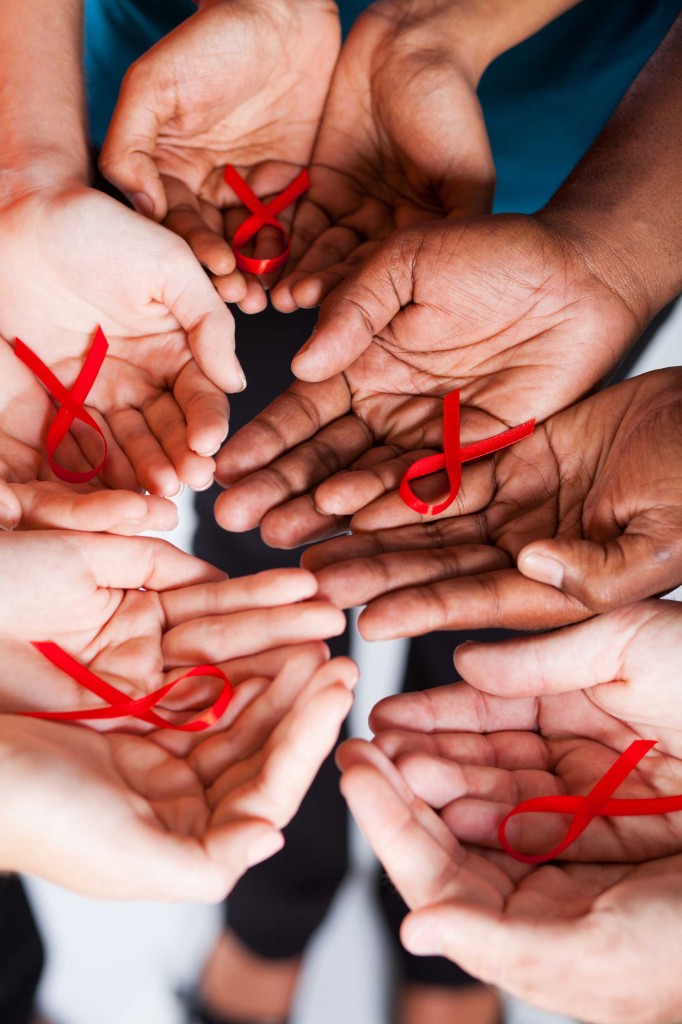
“The United States will become a place where new HIV infections are rare and when they do occur, every person, regardless of age, gender, race/ethnicity, sexual orientation, gender identity or socio-economic circumstance, will have unfettered access to high quality, life-extending care, free from stigma and discrimination.” – The White House, 2010.

Did you know that more than 1 million Americans are living with HIV (Human Immunodeficiency Virus) infection, yet approximately 1 in 5 of them don’t know it?
Have you been tested? Medicare covers HIV screening once every 12 months, or up to 3 times during a pregnancy, for people with Medicare of any age who ask for the test, pregnant women, and people at increased risk for the infection (such as gay and bisexual men, injection drug users, or people with multiple sexual partners). You pay nothing for the tests, but you generally have to pay 20% of the Medicare-approved amount for the doctor visit.
Early testing and diagnosis is key to prevention. At least 1 in 3 people in the U.S. who test positive for HIV is tested too late to get the full advantage of treatment. Early testing cuts the spread of disease, extends life expectancy, and cuts costs of care. Testing is an important first step in bringing people with HIV infection the medical care and support they need to improve their health and help them maintain safer behaviors. Find a testing center near you.
For the 2012 observance of National HIV Testing Day, June 27, the Centers for Disease Control and Prevention has announced a new pilot project to train pharmacists and retail store clinic staff at 12 rural and 12 urban sites to provide voluntary, confidential, rapid HIV testing. The goal is to extend HIV testing and counseling and make it much more easily accessible in the communities where people live.
Make sure your loved ones have been tested—the Centers for Disease Control (CDC) recommend that everyone between the ages of 13 and 64 be tested for HIV at least once in their lifetime. You can learn more about HIV testing and what you can do to increase testing awareness by visiting the Centers for Disease Control.
Knowing that you and your loved ones are safe is a big priority here at MedicareMall. That’s why customer service is number one on our list. If you need any help or have any questions concerning your Medicare Supplement Insurance please feel free to contact us.
HIV Testing and You © 2012 MedicareMall.com
